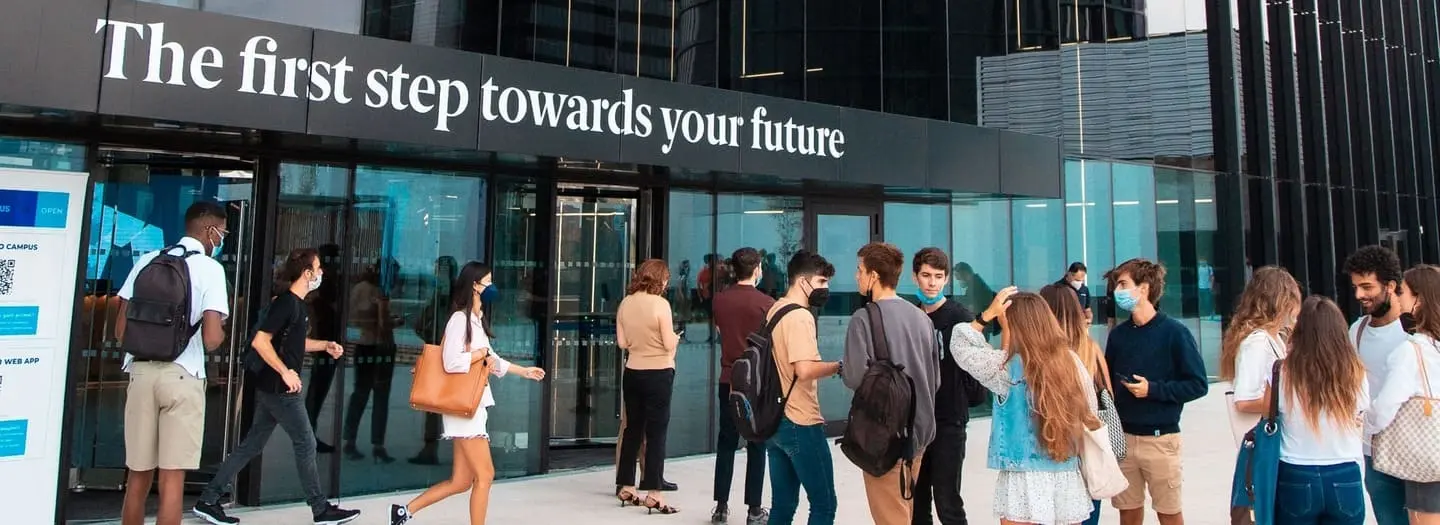Reaping the Benefits of Global Higher Education

There is no substitute for the rich learning and teaching environment made possible through the internationalization of higher education. To solve pressing global problems, we will need global solutions developed and implemented by globally minded talent in a constantly changing world. Higher education institutions play a pivotal role in this important task. They must nurture and support present and future generations of students who must navigate the demands of a globalized and complex world.
A robust and purpose-driven internationalization strategy can take on many shapes and forms. On the one hand, strategies can center around external engagement initiatives such as building partnerships and alliances, developing global networks, recruiting students from around the world to create culturally diverse cohorts, establishing satellite campuses in other countries and continents to build a global presence, among others.
However, internationalization can also bloom at home. By internationalizing the content of our curriculums and programs or recruiting international faculty that can bring to the classroom fresh, more global perspectives on important topics, we are opening young minds to examine subjects from a more global lens.
Cross-border mobility is at the heart of most internationalization strategies in higher education. Study abroad and other cross-border experiences take students out of their comfort zone and exposes them to diverse cultural mind sets, languages, and environments, and helps them develop critical soft skills and necessary transversal skills such as the ability to adapt and respond to uncertainty and change.
The concept of cross-border mobility is not new. International mobility has been an integral part of higher education since the founding of the first universities in 12th and 13th century Europe. By the year 1300, close to twenty-three universities had sprouted throughout the European continent and shared a teaching model and language of delivery – Latin, which greatly facilitated what was then referred to as peregrinatio academica (academic mobility) and created a space for knowledge sharing across Europe in a wide spectrum of fields. European universities opened their doors to visiting lecturers in theology, humanism, medicine and law from other European centers of learning. These university scholars were often joined by their own students. Hence international academic mobility was born, acting as a catalyst for the cross-pollination and dissemination of knowledge and thought at the root of western culture.
Over the last decades, cross-border collaborations in research have contributed to important advancements in a wide array of fields ranging from science and health, engineering, and technology, to social and business sciences. Technology has also played a central role in unveiling new opportunities for university collaborations across borders.
At IE University in Spain, internationalization forms part of the school’s DNA. More than 160 nationalities are represented across the university’s six schools, 65% of the faculty is from outside of Spain and the language of instruction is English. The university boasts a network of thirty international offices across the globe and collaborates with over five hundred academic, public and private-sector institutions worldwide. IE graduates hold professional positions across the globe, forming part of the 80,000 strong alumni community spread out over 173 countries. In 2024, IE opened IE New York College (IENYC) to further enhance the university’s global presence. The College reinforces IE’s commitment to global education that creates impact. Internationalization at IE is purpose and mission driven. Molding students that are free of cultural bias and who understand and appreciate the value of cultural diversity and the importance for nurturing a global mindset and outlook is critical. By educating globally minded students that understand the value of diversity and equality, universities can help build a more sustainable and equitable world anchored in respect, tolerance and mutual understanding.
The benefits of internationalization in higher education are undeniable. Globally oriented universities have become fertile ground for the recruitment of diverse and globally minded talent by public and private institutions alike. Innovative start-ups that have revolutionized industries have been created and nurtured in university campuses that bring together students from multidisciplinary and multicultural backgrounds. Scholarship programs and new online formats have also allowed universities to create impact and facilitate access beyond their borders.
At a time of geopolitical turmoil, global environmental challenges, and increasing socio- economic tensions around the world, contributions of globally aware citizens are needed more than ever. Global education teaches students that they have the power to effect change, both locally and globally, through their choices and actions, and gives them. Through global education young generations have the opportunity to be active participants in making the world a better place.


